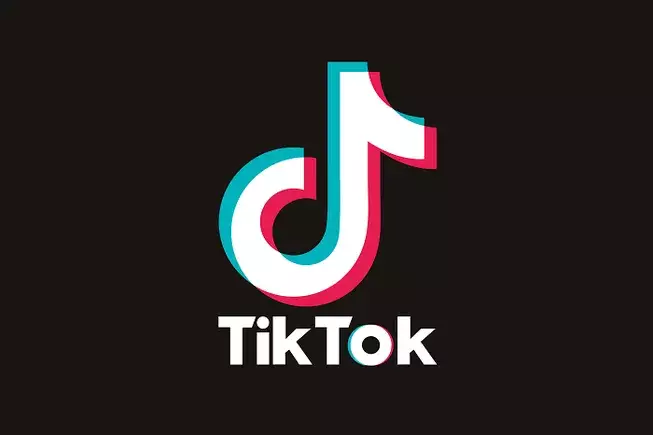In the realm of digital communication and social media, TikTok has emerged as a powerhouse, captivating millions of users with its dynamic content and intuitive algorithm. However, its position in the U.S. has become precarious, entangled in national security discussions and bureaucratic negotiations. The recent comments from U.S. Vice President J.D. Vance present a glimmer of hope in these turbulent waters. As the April 4th deadline approaches, there remains uncertainty about the future direction of TikTok, but Vance’s optimism invites scrutiny into what these developments could mean.
The original legislation, known as the “Protecting Americans from Foreign Adversary Controlled Applications Act,” was a clear signal that TikTok’s operation on U.S. soil was under threat. The law mandates that the app—owned by the Chinese company ByteDance—must be divested to an American entity by a specified deadline to alleviate concerns surrounding data privacy and potential espionage. This decision is grounded in fears that data collected from American users could end up in the hands of the Chinese government.
The Legal Framework and Its Implications
The implications of this legislation are profound. Not only does it reflect rising tensions between the U.S. and China, but it also raises questions regarding the values placed on individual privacy versus national security. The intricacies involved in a potential acquisition are staggering; they encompass not only financial reporting and data management but also the human element of user trust. If an American firm were to acquire TikTok, what changes would be instituted to safeguard user data? Would a U.S.-owned TikTok still retain the same engaging characteristics that have drawn users worldwide?
Moreover, while the legislative intent served to protect American consumers, it also embraces a moral dilemma: Should a popular platform be ostracized due to its origins? This is a cultural conundrum that impacts how the U.S. views foreign technology companies in general.
Negotiations on the Horizon
Vance’s statement about the likelihood of concluding a deal resonates positively amid conflicting accounts of progress. Reports indicate that Oracle may be a strong candidate for partnership, owing to its established ties with the Trump administration and its previously discussed involvement in a potential TikTok transaction. The possible partnership with Oracle raises important questions: Can a tech company genuinely act as a shield, protecting user data while maintaining TikTok’s core identity? How will the integration of Oracle’s infrastructure affect content delivery, user experience, and community engagement?
However, the very prospect of restructuring TikTok in this manner is fraught with challenges. ByteDance’s cooperation will be essential, as it navigates its relationship with a U.S. partner while adhering to the wishes of the Chinese government. The complexities of international law and business ethics render this collaboration uncertain, exposing the fragility of cross-border technology ventures.
Cultural Significance and User Impact
For users, the implications of these potential changes cannot be overstated. TikTok has woven itself into the fabric of modern culture—shaping trends, promoting creativity, and providing an avenue for self-expression. If the app is restructured under an American oversight model, how will this shift affect its foundational culture? Would it dilute the exuberance and authenticity that users cherish, or could it enhance trust and accountability? These questions resonate with millions who engage with TikTok daily, emphasizing the platform’s influence on societal interactions.
Moreover, with concerns over censorship and content limitations, the transition to a U.S.-led operation could sway TikTok’s creative landscape. Will the fun, often unfiltered nature of the app be impaired by heightened scrutiny? As the negotiations progress, these aspects serve as points of contention, illustrating the delicate balance between security measures and maintaining a vibrant digital community.
Amplifying Voices Amid Transition
While the future of TikTok in the U.S. remains uncertain, the broader implications of this situation encourage deeper reflection on the intersection of technology, culture, and national security. The choice to engage with foreign platforms invokes ongoing debates about identity, globalization, and digital rights, pushing society to confront difficult questions about who controls and protects the information we share. As discussions evolve and stakeholders negotiate, users, analysts, and cultural commentators must remain vigilant—because in this age of technology-driven connections, every decision echoes well beyond boardrooms and legislative chambers.

